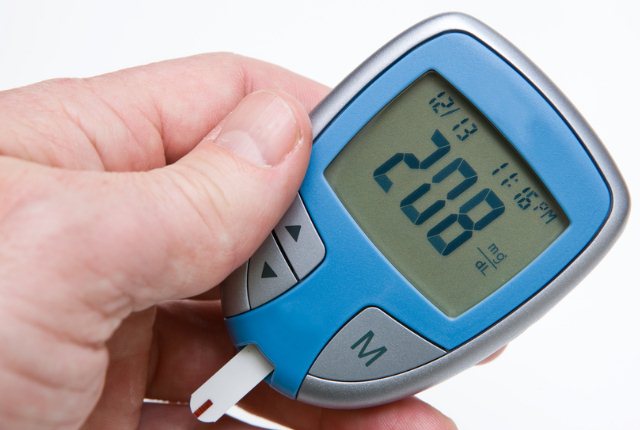Pineapple is a sweet, delicious, juicy and surprisingly refreshing fruit. It primarily consists of bromelain enzyme which is found in its juice and stem. Bromelain is also one of the generic names of pineapple. Not only children, it is loved by people of every age group. Due to its amazing taste, pineapple is widely being used in many desserts like tarts, cakes, pastries, ice-creams and more. There are immense benefits of pineapples because they are a power house of many essential nutrients like Vitamin C, manganese, dietary fiber and much more. It also consists of antioxidants, cancer fighting properties, and the ability to improve or avoid various diseases and health conditions like asthma, infertility, osteoarthritis, heart diseases, intestinal disorders, to name a few. However, pineapple can have some serious side effects like intolerance or allergy, diarrhea, interaction with drugs, vomiting and even miscarriage during pregnancy. Due to the high content of sugar in pineapple, it can also be harmful for diabetic patients or those who experience difficulty in losing body weight. In order to avoid the side effects of pineapples, it should be taken in moderation.
Here Are The Various Side Effects Caused By Pineapples:
1. Allergies And Intolerance
Pineapples can cause allergy to some people. Bromelain helps in digesting proteins. Therefore, some people may experience some mild allergic reactions like inflammation or rashes in the mouth or face when they eat pineapple.[1] However, these are mild reactions which subside over a few hours. If the symptoms of the allergy persist, we should seek immediate medical attention. When pineapple is consumed over a period of time, some people may develop medical conditions like rhinitis or asthma, especially when it runs in the family. The chances of pineapple allergy are higher if you are generally allergic to various substances like latex, wheat, carrots, pollen, celery, fennel and papain. You should take precaution if you are eating it for the first time. Take a small bite and wait for some time for any possible symptoms of allergy.
2. It Interacts With Drugs
The enzyme bromelain present in pineapple has the tendency to interact with some drugs. Therefore, it is important to stay cautious or watchful while eating pineapples during medication.[2] Bromelain causes drug interaction by increasing the absorption levels like tetracycline and amoxicillin. It also thins the blood and increases the thinning process when you are on some medication for blood thinning like aspirin.
3. Dental Sensitivity
Pineapple has pH of 3.3 to 5.2 and it is acidic. Regular intake of pineapple over time erodes the layers of your enamel that results in sensitivity in the teeth.[3] Eating undiluted pineapple or eating it with your teeth that are prone to sensitivity may cause irritation, inflammation and sensitivity. You should avoid the ingestion of pineapple if you have issues with your dental health.
4. Increases Sugar Levels
Pineapples increase the level of sugar in blood. It is a sweet fruit which is full of sugar. It is one of the fruits that a diabetic patient should avoid or eat in moderation.[4] So, in case you are planning to add it to your diet and you are diabetic, you should talk to your doctor first, before eating it. The sugar or fructose present in pineapple increases the glucose level in blood. Therefore, it is very important to seek the approval of your doctor who will be able to help you with the portion you can eat.
5. Causes Diarrhea And Nausea
Pineapples are enriched with dietary fiber that helps digestion. However, if you take it in excessive quantity, it may result in diarrhea or nausea. This is simply because excess of anything is not good. If you experience vomiting or nausea or diarrhea, you should drink plenty of water and seek medical attention if the situation does not improve in a couple of hours. Keep your pineapple intake restricted to one to two cups a day.[5]
6. Unripe Pineapple Is Harmful
Whenever you eat a pineapple, it should be properly ripe. If the skin of the pineapple is of golden or yellow color, or you can sense from its aroma that it is ripe, then only you should go for it. When you cut a pineapple, it should not be unripe.[6] The signs of a ripe pineapple are sweet smell, juicy texture and yellow inside. You should also avoid drinking the juice of an unripe pineapple which can cause vomiting and diarrhea which may further put you in a difficult health condition. You should also seek immediate medical assistance if you experience any unpleasantness after eating raw pineapple.
7. May Cause Abortion
If you are pregnant, you should seek the approval before eating it or including it in your diet. Pineapple induces frequent urination and also causes menstrual flow that can result in preterm labor or even miscarriage.[7]












